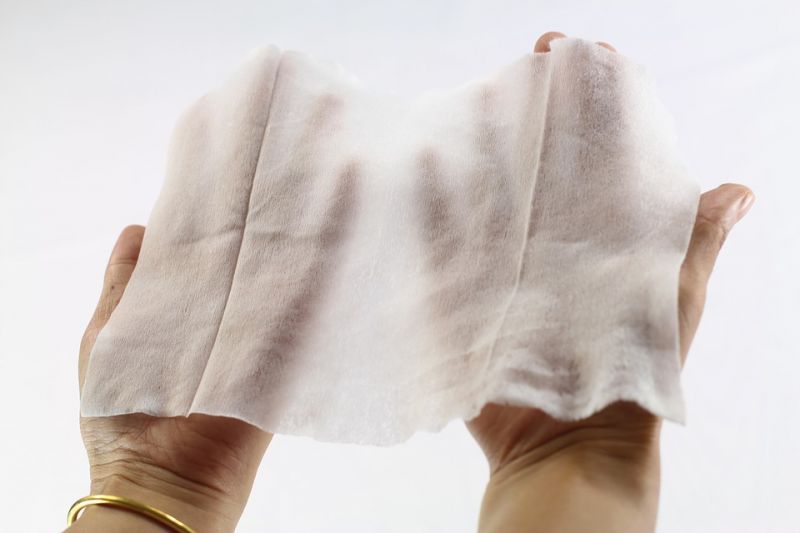Wet Wipes Make up 93% of Matter Causing UK Sewer Blockages
Published on by Water Network Research, Official research team of The Water Network in Academic
Baby wipes are causing hundreds of thousands of blockages in the UK sewer system and costing the country £100m every year, according to a new report.
The study from Water UK, the trade body representing all of the main water and sewerage companies in the country, found that wipes made up about 93% of the material causing the sewer blockages.
Water UK’s director of corporate affairs, Rae Stewart, said the findings proved that sewer blockages that cost £100m a year are “a problem we can all do something about”.
“There are things that water companies can do, such as improve education about what should and shouldn’t be flushed. There are things manufacturers can do, such as make labelling clearer on non-flushable products. And, of course, there are things individuals can do – which is bin the wipes rather than flush them.”
The report said there are approximately 300,000 sewer blockages every year, costing the country £100m – money which Water UK says could be taken off bills or spent on improving services.
Earlier this year a fatberg weighing the same as 11 double decker buses and stretching the length of two football pitches was found blocking a section of the sewer system in east London.
Read full article: The Guardian

Wet Wipes, Source: Pixabay
New proof that flushing wipes is a major cause of sewer blockages
The biggest ever in-depth investigation of sewer blockages in the UK has revealed that wipes being flushed down toilets are causing serious problems in the sewerage system.
The information is detailed in a new report by Water UK, the trade body representing all of the main water and sewerage companies in the United Kingdom. It showed that wipes made up around 93% of the material causing the sewer blockages which the study investigated. These wipes – which included a high proportion of baby wipes - are not designed to be flushed.
Less than 1% of the domestic waste in the blockages was identified as made up of products which are designed to be flushed, such as toilet paper.
There are approximately 300,000 sewer blockages every year, costing the country £100 million – money which could be taken off bills or spent on improving services. Thousands of properties suffer sewer flooding caused by these blockages every year in the UK, creating misery for homeowners and businesses and leading to high clean-up bills and increased insurance costs.
Sewer flooding also has a major impact on the environment. The new research shows that most of these type of incidents could be avoided by the wipes being disposed of properly rather than being flushed down toilets.
Retailers in the UK who have taken the lead with more visible Do Not Flush labelling are being praised for their efforts, but more needs to be done to help encourage individuals to stop using the toilet as a bin.
Read full report: Water UK
Media
Taxonomy
- Raw Sewage Recycling
- Waste to Value
- Sewage
- Infrastructure
- Sewer Networks
- Waste Disposal
- Waste Management